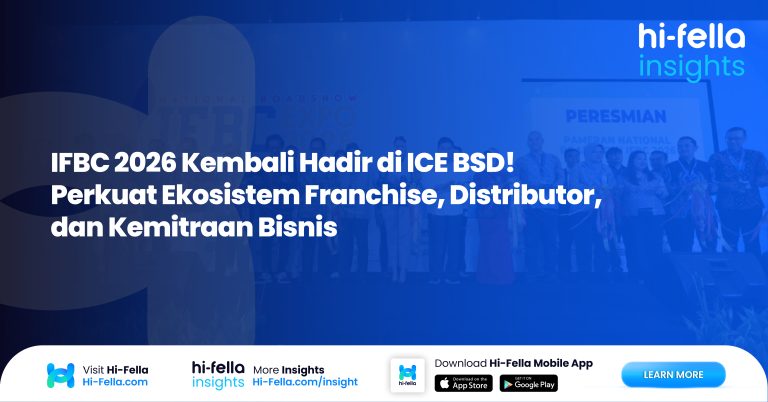In an ever-changing global economic landscape, the stability and resilience of a nation’s financial system stand as paramount concerns. As economic uncertainties, market volatilities, and unforeseen shocks continue to challenge the fiscal well-being of countries worldwide, national governments are increasingly turning to a strategic instrument known as “National Financial Insurance.” This comprehensive approach to safeguarding a nation’s economic health is designed to mitigate the impact of financial crises, instill investor confidence, and maintain the stability of the financial system. Understanding the country financial insurance. Learn how it protects economies, attracts investments, and fosters economic stability.
COUNTRY Financial Group, founded in 1925 and headquartered in Bloomington, Illinois, is a prominent provider of insurance and investment services in the United States, serving a diverse range of customers. Their offerings include auto, home, renters, life, commercial, and disability insurance, along with annuities and investment solutions in mutual funds, trusts, retirement, and education funding. With a team of 3,000 employees and led by CEO Jim Jacobs, COUNTRY Financial Group plays a crucial role in safeguarding individuals and businesses against various financial risks and uncertainties, contributing to the financial well-being of their clients.
National financial insurance is a multifaceted strategy employed by governments to fortify their economies against a spectrum of threats, encompassing financial crises stemming from factors like banking instability, excessive debt, and asset bubbles. One of the examples is COUNTRY Financial Group. This approach offers a vital safety net, minimizing the adverse consequences of such crises and mitigating the potential for widespread economic turmoil. Furthermore, it plays a pivotal role in stabilizing markets during times of abrupt and severe volatility, bolstering investor confidence. Additionally, country financial insurance equips a nation’s economy to withstand and recover from unforeseen disruptions, whether caused by natural disasters, global pandemics, or geopolitical conflicts, enhancing overall resilience and financial stability.
At the national level, financial insurance initiatives are driven by a triad of essential objectives. Firstly, they aim to mitigate the risks associated with financial instability, ensuring that institutions and markets can weather economic shocks without the specter of systemic collapse. This risk mitigation not only bolsters the resilience of the financial system but also contributes to the overall stability of the broader economy. Secondly, these initiatives focus on building and sustaining investor confidence, providing a safety net for investments. By assuring investors that their assets are safeguarded, financial insurance mechanisms foster trust and, in doing so, promote increased investment and capital inflows. This influx of capital, in turn, fuels economic growth and enhances long-term stability. Lastly, the overarching objective of financial insurance at the national level revolves around securing the health and stability of the financial system itself. This stability forms the bedrock of economic growth, job creation, and the efficient allocation of resources, ensuring that the nation’s financial infrastructure remains robust and reliable.
Examples of countries that have implemented financial insurance mechanisms
Here are the examples of countries that implemented country financial insurance with notable impacts on economic resilience:
- United States (2008 Financial Crisis)
The 2008 financial crisis originated from a combination of easily accessible credit and relaxed lending standards, which led to a housing bubble. When this bubble inevitably burst, banks found themselves holding trillions of dollars in worthless investments tied to subprime mortgages, triggering the Great Recession. The government responded by implementing the Troubled Asset Relief Program (TARP) in the United States, injecting capital into struggling financial institutions to prevent a catastrophic banking collapse. Ultimately, the program managed to recover $442.6 billion after selling assets purchased during the crisis, signifying a notable step toward financial stability and recovery.
- Germany (Deposit Insurance)
Germany boasts one of the world’s most efficient deposit guarantee systems, providing comprehensive protection to bank customers through a combination of statutory and voluntary deposit insurance. In the unfortunate event of a bank failure, all savers in Germany have consistently received full compensation. The statutory deposit guarantee secures up to €100,000 per depositor per bank, and many banks also participate in voluntary deposit guarantee schemes, further enhancing the level of protection available. This robust deposit insurance system instills confidence in the stability of the German banking sector, assuring citizens that their savings remain secure, even in the face of potential bank failures.
- Singapore (Reserve Management)
Singapore’s Reserve Management Government Securities (RMGS) are a unique form of non-marketable security issued by the government to the Monetary Authority of Singapore (MAS). These securities serve as a conduit for transferring excess Official Foreign Reserves (OFR) from MAS to the government for longer-term management by the Government of Singapore Investment Corporation (GIC). The accumulation of excess OFR occurs when MAS holds reserves beyond the requirements for conducting monetary policy and maintaining financial stability. In the broader context of reserve management, Singapore has been proactive in establishing sovereign wealth funds like GIC to prudently oversee the management of national reserves, fortifying the nation’s financial resilience in the face of global economic uncertainties.
Join the global trade revolution with Hi-Fella, an online platform where suppliers and buyers meet internationally. Trade globally by peeking at our website, downloading our app on Play Store or App Store, signing up for an account. Join Hi-Fella now, your gateway to boundless opportunities!








